
Get matched with top fountain pros in Milbridge, ME
Enter your zip and get matched with up to 5 pros
Need a pro for your fountain service project in Milbridge, ME?
Verified Reviews for Fountain Service pros in Milbridge, ME
*The Angi rating for Fountain Service companies in Milbridge, ME is a rating based on verified reviews from our community of homeowners who have used these pros to meet their Fountain Service needs.
*The HomeAdvisor rating for Fountain Service companies in Milbridge, ME is a rating based on verified reviews from our community of homeowners who have used these pros to meet their Fountain Service needs.
Last update on January 22, 2026
Find Fountain pros in Milbridge
LUNAFORM
LUNAFORM
Manufacturer of garden planters, urns, amphoras, birdbaths, fountains, lanterns, tables, and benches. All products are made of hand turned, steel reinforced, concrete.
Manufacturer of garden planters, urns, amphoras, birdbaths, fountains, lanterns, tables, and benches. All products are made of hand turned, steel reinforced, concrete.
ws carpentry
ws carpentry
full service carpenter/handyman
full service carpenter/handyman
The Milbridge, ME homeowners’ guide to fountain services
From average costs to expert advice, get all the answers you need to get your job done.
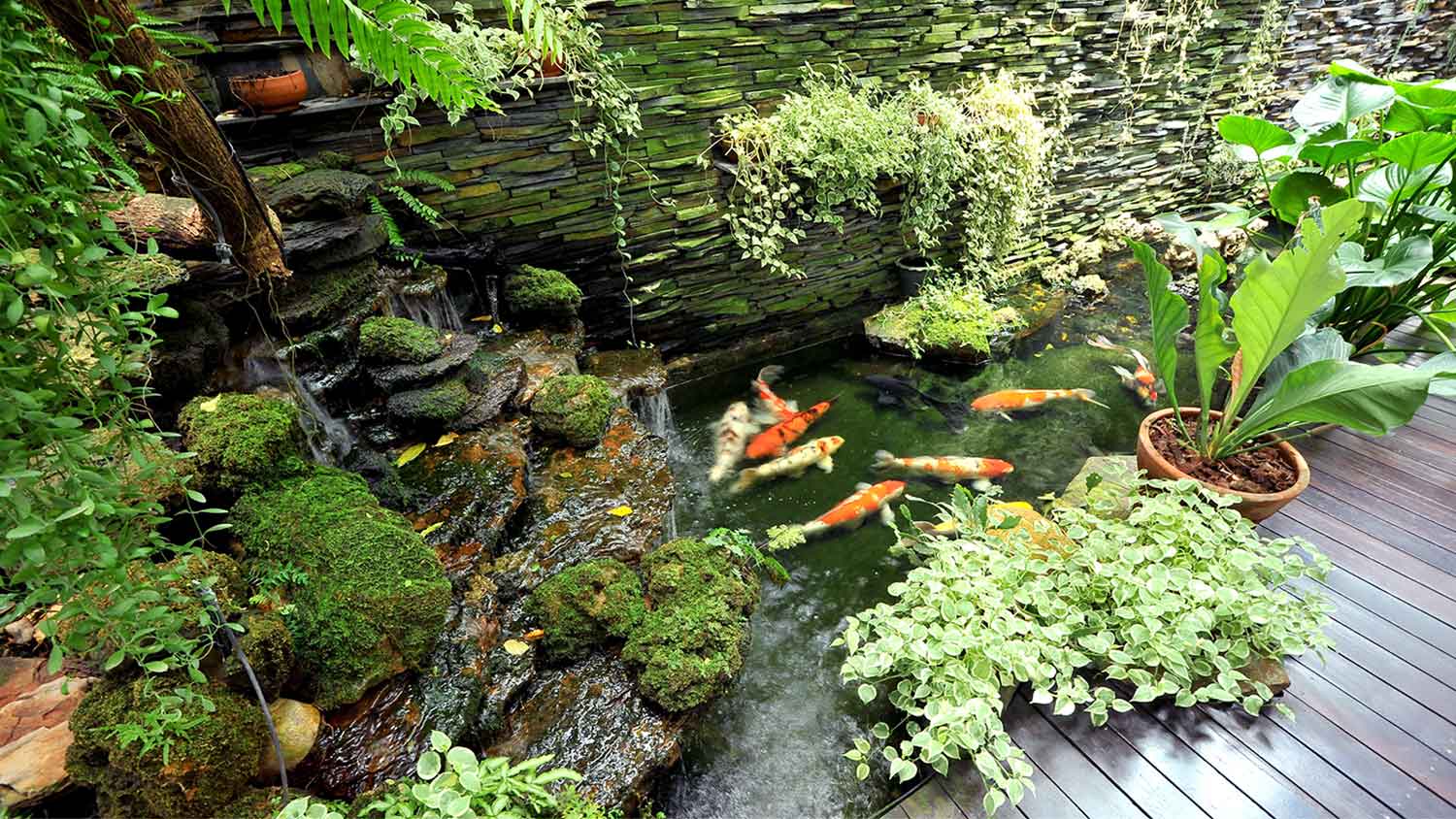 •
•Wondering how much it costs to build a koi pond? Discover prices, cost factors, and tips to plan your dream backyard pond.
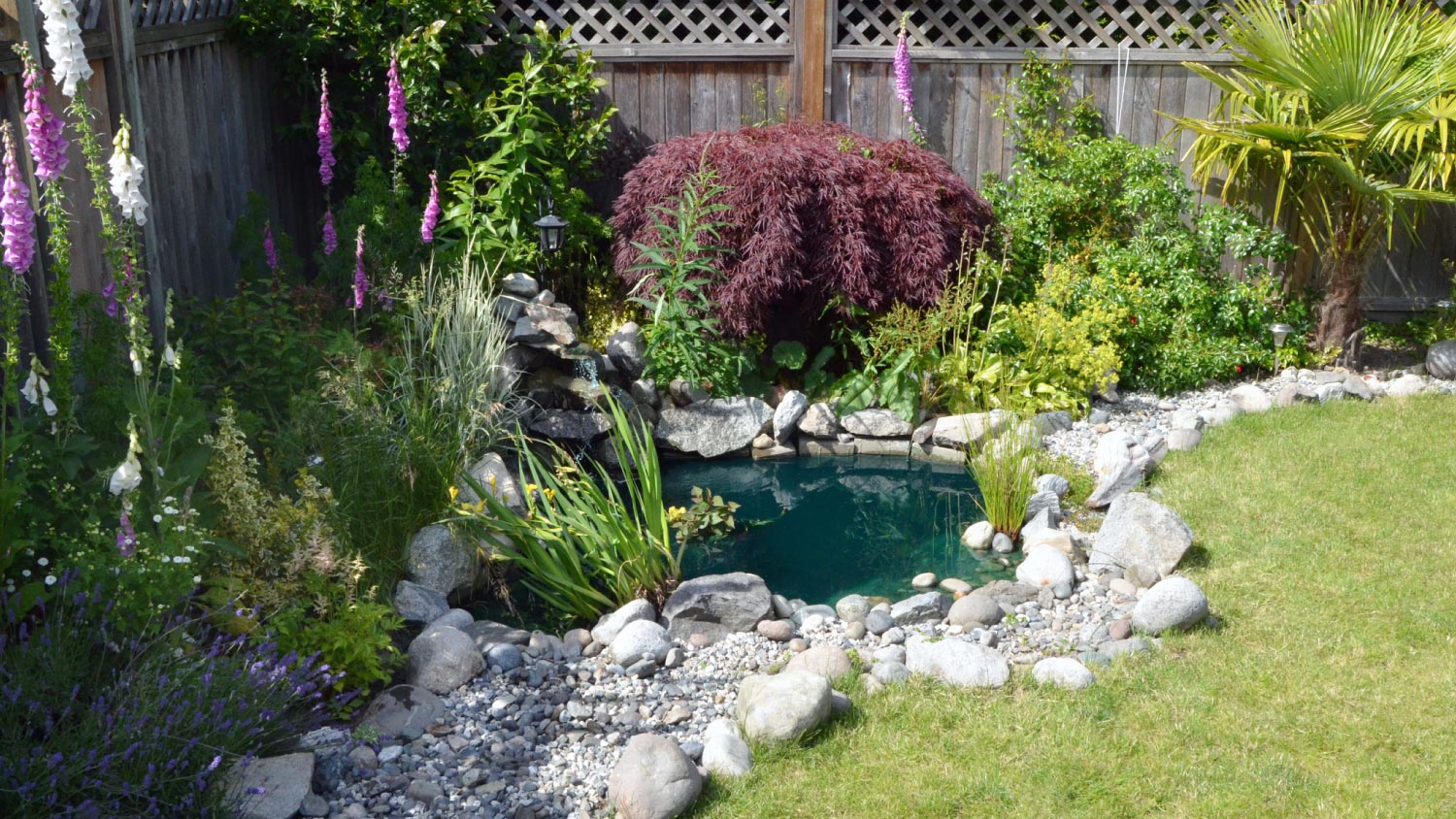
Get a detailed breakdown of pond dredging costs, including average prices, cost factors, and tips to help homeowners budget for their pond maintenance project.

You may need to fill in a backyard pond to reclaim your yard or to remove an eyesore. Learn how much it costs to remove a pond and what affects the price.
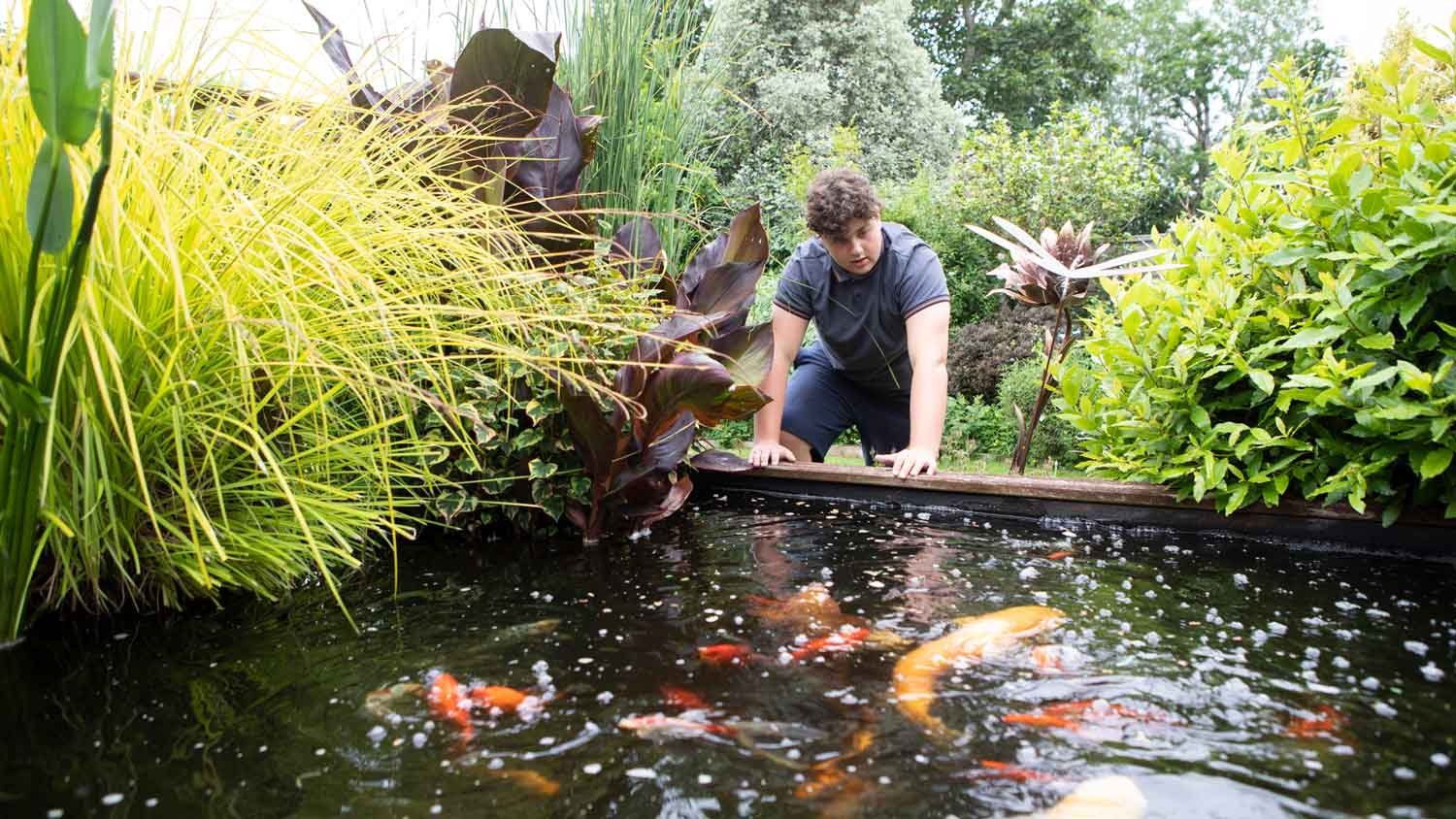 •
•Discover how much it costs to stock a pond, including average prices, key cost factors, and tips to help homeowners plan their pond stocking project.
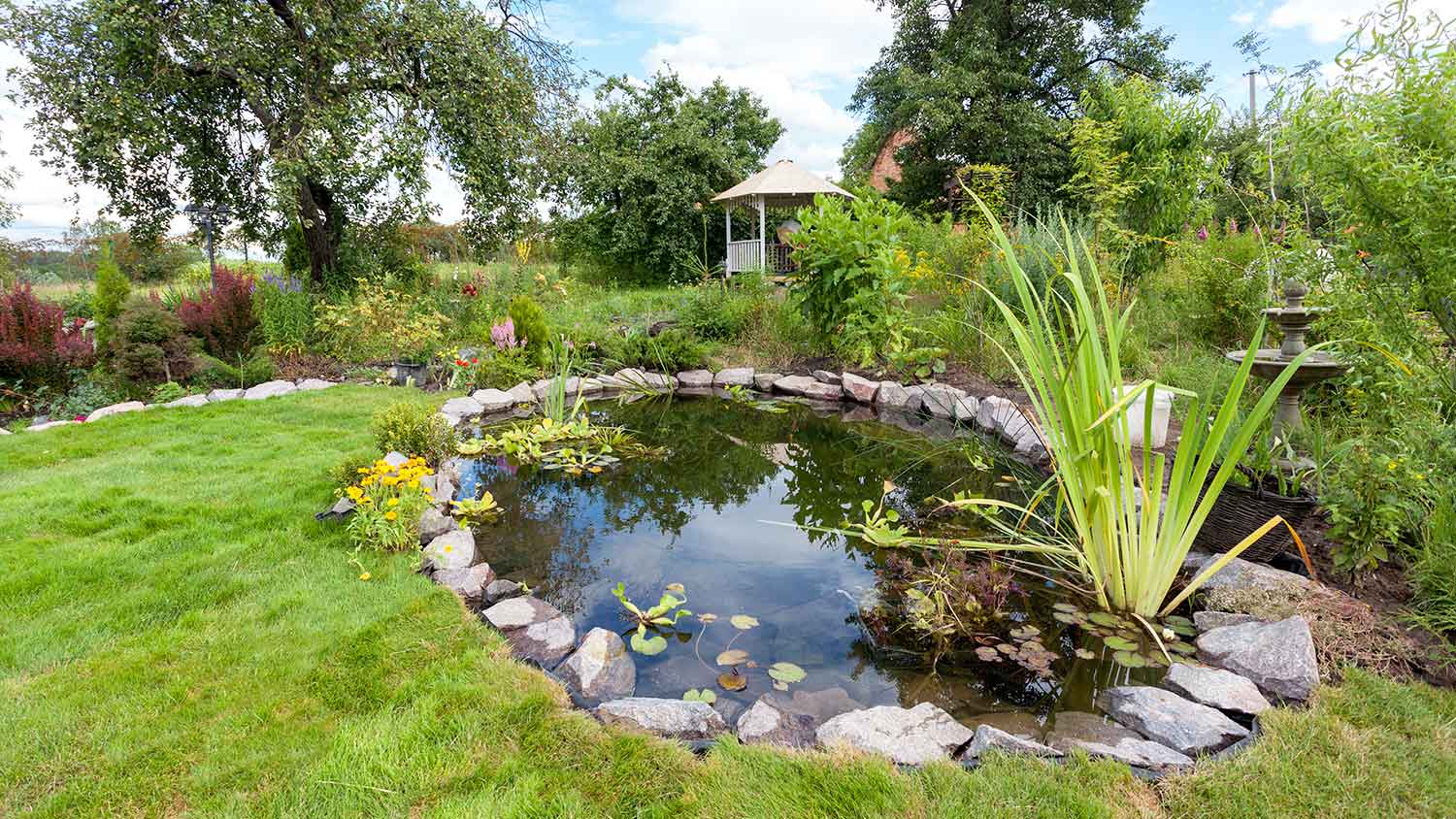 •
•How much does a pond liner cost? Get detailed price breakdowns, installation factors, and tips to save on your pond liner project.
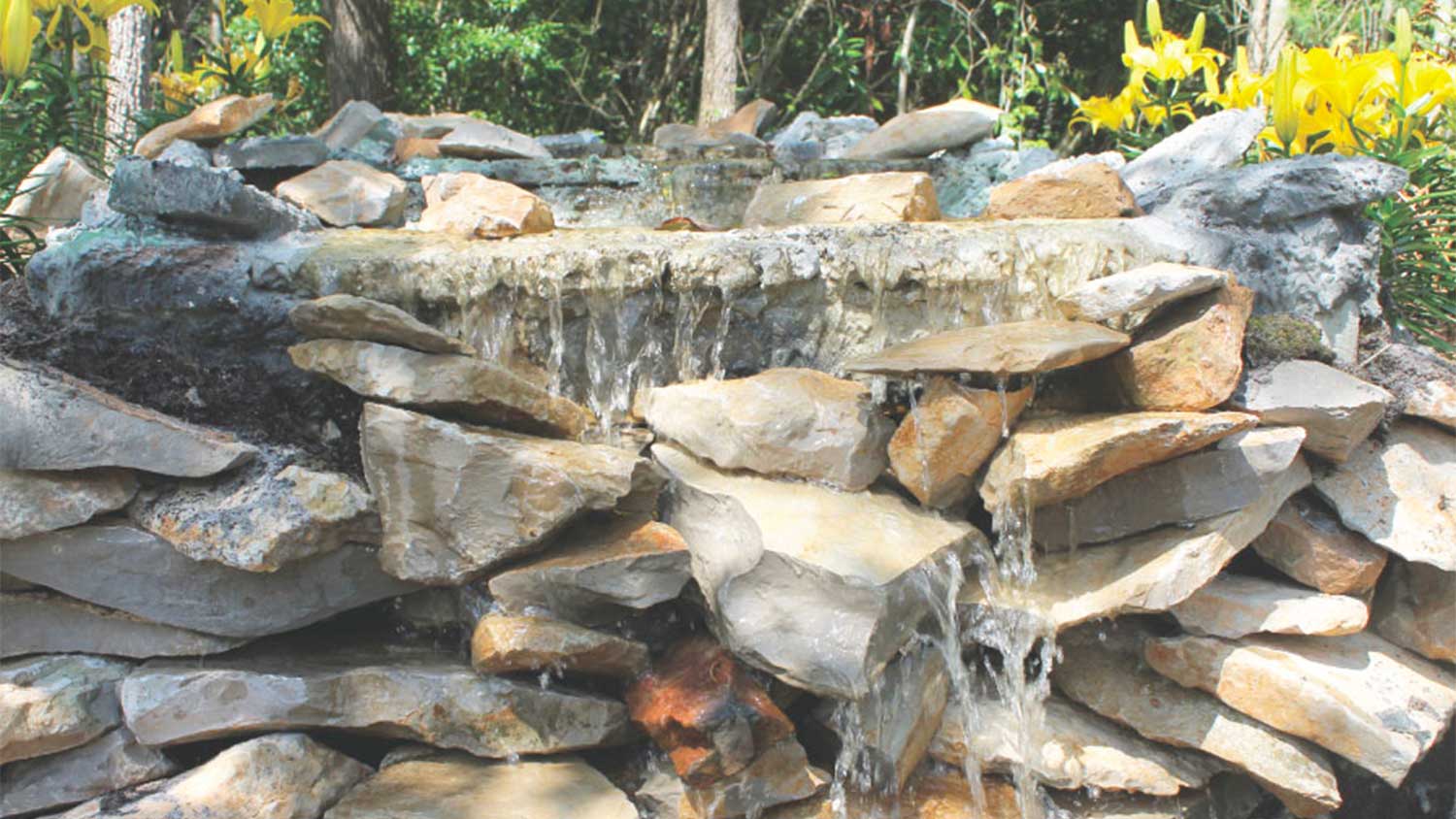
Outdoor water feature ideas are just as unique as your backyard itself. Check out how a waterfall, fountain, or koi pond can reimagine your property.
- 🌱 "Mow a small front yard"
- 🛠 "Fix a leaking pipe under the sink"
- 🏠 "Repair shingles on an asphalt roof"







